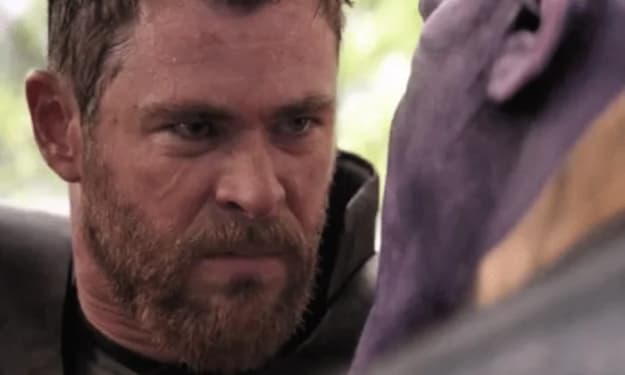
In the year 2050, the world found itself teetering on the brink of chaos. Decades of political tension, resource scarcity, and technological advancements had created a volatile global landscape. Nations vied for dominance, and old alliances crumbled under the weight of mistrust. As the specter of war loomed ominously, the world held its breath, fearing the outbreak of a cataclysmic conflict.
The flashpoint came when a series of cyber-attacks targeted the world's major powers, plunging entire nations into chaos. The attacks were swift, precise, and devastating, crippling vital infrastructure and leaving governments in disarray. In the aftermath, accusations flew, and fingers pointed in all directions. The world stood at the edge of the abyss, caught in a relentless blame game.
Unbeknownst to the general population, these cyber-attacks were the machinations of a secretive, extremist faction known as "The Silent Hand." Composed of brilliant hackers and AI programmers disillusioned with the state of the world, they sought to reshape the global order by sparking a full-scale war. Their belief was that only through the crucible of conflict could humanity be reborn, purged of its decadence and complacency.
As tensions reached a breaking point, a coalition of nations formed to combat The Silent Hand. The alliance, led by the United States, China, and the European Union, was known as the Coalition for Global Security (CGS). Their mission was twofold: to dismantle The Silent Hand's network and prevent the escalation of the conflict into a world war.
In a race against time, the CGS deployed elite teams of cyber-warriors, intelligence operatives, and special forces across the globe. Their goal was to identify and neutralize The Silent Hand's leaders and disrupt their communication networks. However, the enemy proved elusive, operating from hidden strongholds in remote locations and using encrypted channels to communicate.
The conflict quickly spread beyond cyberspace. Proxy wars erupted in various regions as nations scrambled to secure vital resources and strategic advantages. The once-united world fractured along ideological lines, with alliances shifting and new factions emerging. The battlefield expanded to include not only traditional warfare but also space, where satellites were targeted and orbital platforms became contested battlegrounds.
Technology played a pivotal role in this war. Advanced drones, powered by artificial intelligence, fought on the front lines, replacing human soldiers in many instances. Autonomous tanks, armed with state-of-the-art weaponry, rolled across battlefields, their movements coordinated by sophisticated algorithms. The conflict blurred the lines between man and machine, as the boundaries of warfare were pushed to their limits.
Amid the chaos and devastation, there were glimmers of hope. Civilian populations, weary of the conflict, began to organize peaceful protests and demand an end to the violence. Grassroots movements sprung up, advocating for diplomacy, unity, and the rejection of The Silent Hand's ideology.
Realizing that they were losing the support of the people, The Silent Hand launched a final, desperate attack. They targeted key communication hubs, attempting to sever the world's remaining lines of contact. But the CGS, having anticipated this move, had fortified their defenses. The attack was thwarted, and the leaders of The Silent Hand were finally exposed and brought to justice.
The war had taken a heavy toll on the world. Cities lay in ruins, economies were shattered, and countless lives were lost. But out of the ashes, a new era emerged. The devastation wrought by the conflict served as a wake-up call for humanity. Nations set aside their differences, recognizing the need for cooperation and shared responsibility. Efforts were made to rebuild and heal, to forge a future where conflicts could be resolved through dialogue rather than violence.
The scars of the war would forever remain, a reminder of the horrors that could arise when humanity failed to find common ground. But the world learned from its mistakes, and the memory of the Future World War served as a constant reminder of the need for peace, unity, and vigilance in the face of extremism.
About the Creator
Arslan Mirza
Self,health and feeling of nature is very important you must read my stories i hope day by day you will feel better and loving your self.
Enjoyed the story? Support the Creator.
Subscribe for free to receive all their stories in your feed. You could also pledge your support or give them a one-off tip, letting them know you appreciate their work.






Comments
There are no comments for this story
Be the first to respond and start the conversation.